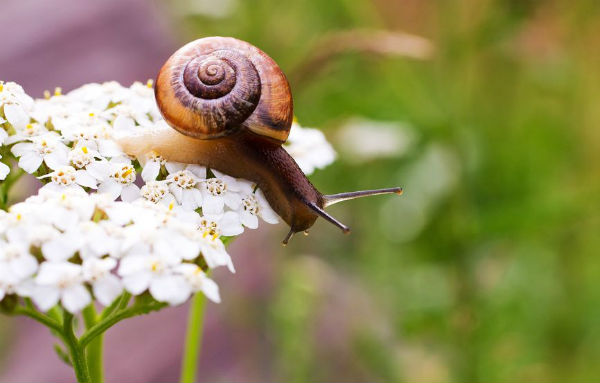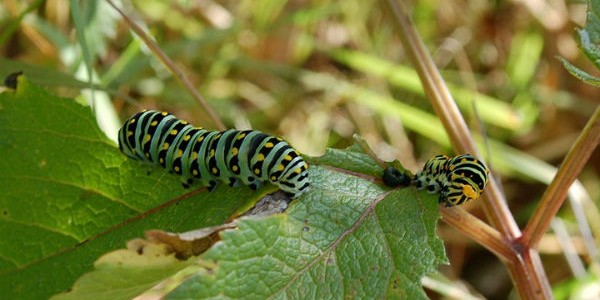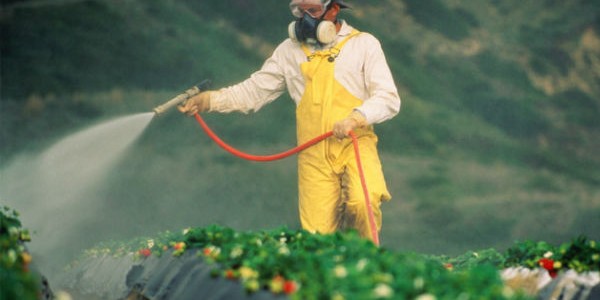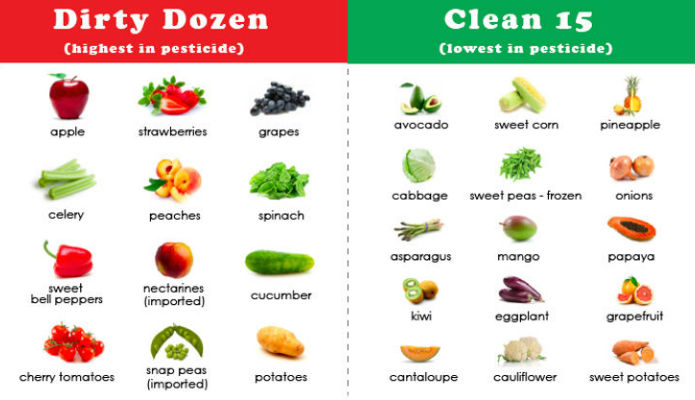We all know that traditional pesticides are incredibly harmful for the environment and best avoided by everyone. However, when your beautiful garden is being ravaged by insects and other pests, those horrible chemicals almost start to look appealing again. Don’t worry, here are some tips for ultra-green pest control.
Ants
Nothing worse than ants chewing away at your precious plants. Find some cedar oil and spray it around the problem area, as it is a non-toxic insect repellent that can get rid of ants as well as mosquitoes, fleas and even cockroaches. Another way to get rid of ants is to use bitter cucumber peels, ground coffee or garlic cloves. Spread them around among your plants as many ants have aversion to those items. You can also plant mint in your garden and most ant species will leave the rest of your plants alone. Finally, diatomaceous earth (a soft siliceous type of soil) will repel ants and most other insects.

Slugs and snails
Slimy, slow, disgusting and incredibly destructive, snails and slugs can completely ruin your plants in one night. Place a couple of shallow dishes with beer among the plants that you want to protect. Slugs really love beer so they will go straight to the plate, fall down and drown. Crushed eggshells sprinkled among the plants are another great way to dissuade these slimy pests. Snails and slugs try not to cross a hard sharp barrier that will damage their soft bodies.
Other bugs
One of the best (and greenest) ways to get rid of bugs is to introduce their natural predators, as long as you do your research. Find out the best beneficial insects that will eat the pests without damaging your plants and buy them on eBay. You can also attract birds to your garden as they will not only fill your house with music, but they will also eat bugs. Get a bird bath and keep it filled with fresh water, hang bird feeders and houses, try to keep a quiet environment and don’t disturb the birds. They will do the dirty work for you.
Mammals and other animals
There are solar powered pest control products that collect energy from the sunlight and shake periodically. These products work by producing vibrations that disturb small animals and scare them away. If you want to avoid racoons and skunks, make sure your garbage cans are tightly closed with a well-fitting lid. If you are really having a problem with animals, you can try no-kill traps to deal with them in a humane way. Do your research and safely release the animals back into the wild, far away from your garden. If you are using glue traps for snakes, vegetable oil is a safe way to loosen the glue without hurting the animal.


